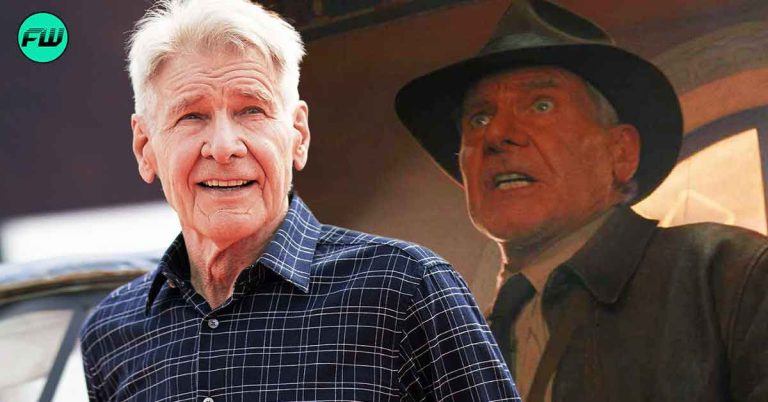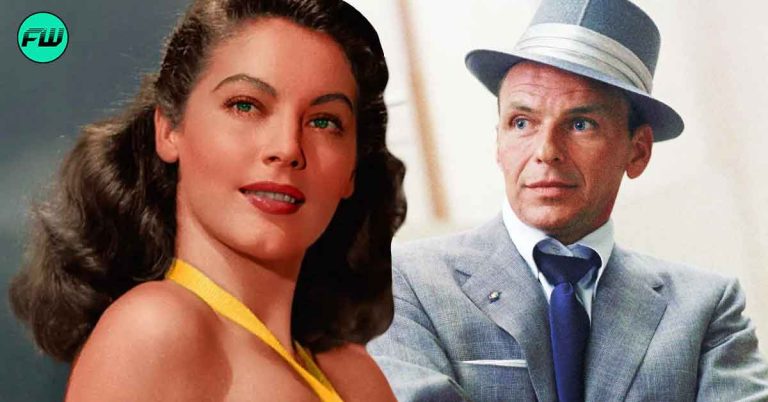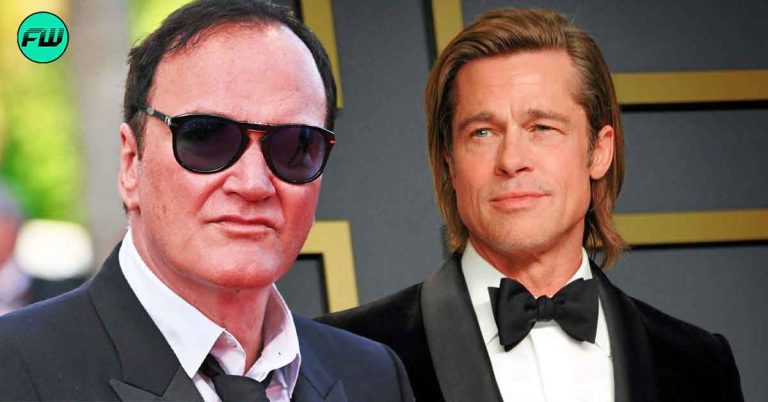Benedict Cumberbatch has become a highly sought-after leading man in Hollywood following his breakout performance in the hit BBC series Sherlock. But there was a time when Cumberbatch had to fight just to get an audition for what would become one of his most acclaimed roles – portraying pioneering mathematician Alan Turing in 2014’s Oscar-winning film The Imitation Game.
In a new interview, Cumberbatch has revealed the uphill battle he faced to convince Warner Bros he could take on the complex part, as the studio had set their sights on Leonardo DiCaprio to lead the $234 million grossing biopic.
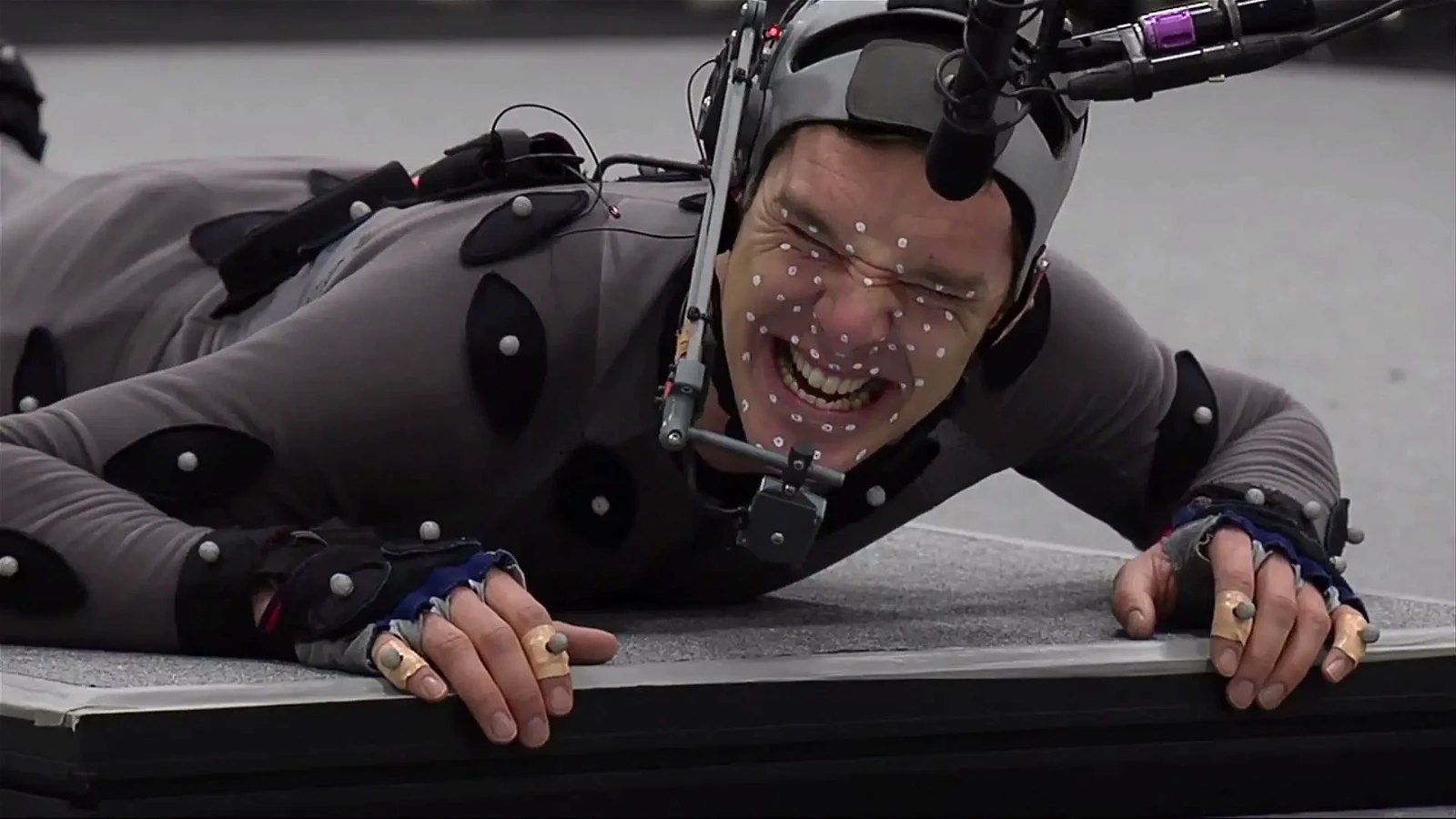
Cumberbatch recently opened up about his journey to landing the lead role in 2014’s Oscar-winning film The Imitation Game, revealing he had to fight for the part as Warner Bros only had eyes for Leonardo DiCaprio. The $234 million grossing biopic faced an uphill battle on the big screen with Cumberbatch not the studio’s first choice to portray Alan Turing.
Convincing the Studio He Was Right for the Role
In a new interview, Cumberbatch admitted he was not the original pick for the role of pioneering mathematician Alan Turing. “I was not onboard. I had to convince them,” Cumberbatch said. Warner Bros had set their sights on Leonardo DiCaprio to lead the film, but Cumberbatch was determined to prove he was up for the complex part. After pushing for an audition, Cumberbatch won over the studio and secured the role.
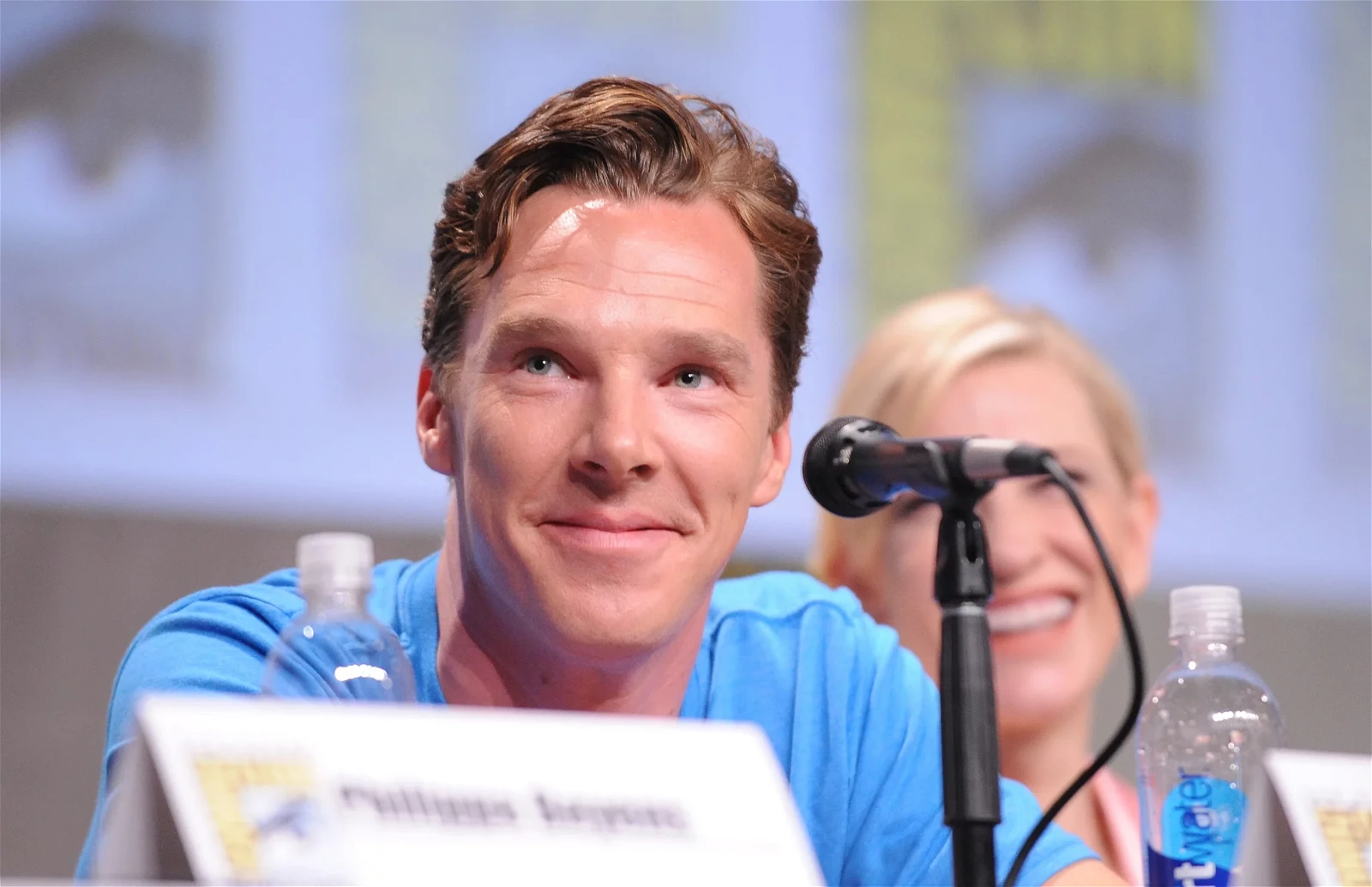
Cumberbatch said he relentlessly pursued the role because he was so passionate about portraying Turing’s story. “I have an obstinacy when it comes to my work. I had faith I could contribute something meaningful.” Cumberbatch’s persistence and self-belief ultimately changed the minds at Warner Bros.
“I’m gonna keep this brief. I am quite simple — trust me! … It’s a very daunting thing when you look at what his mind gave the world.”
Benedict Cumberbatch Connected Personally with the Character
While Warner Bros may have initially had reservations, Cumberbatch connected deeply with the story of Alan Turing. “I was really moved by it emotionally,” he said, “I was struck by how humbling it was to play somebody who had achieved so much”. Cumberbatch highlighted Turing’s contributions to breaking the Enigma code during World War II, saying he felt a duty “to try and serve his legacy”.
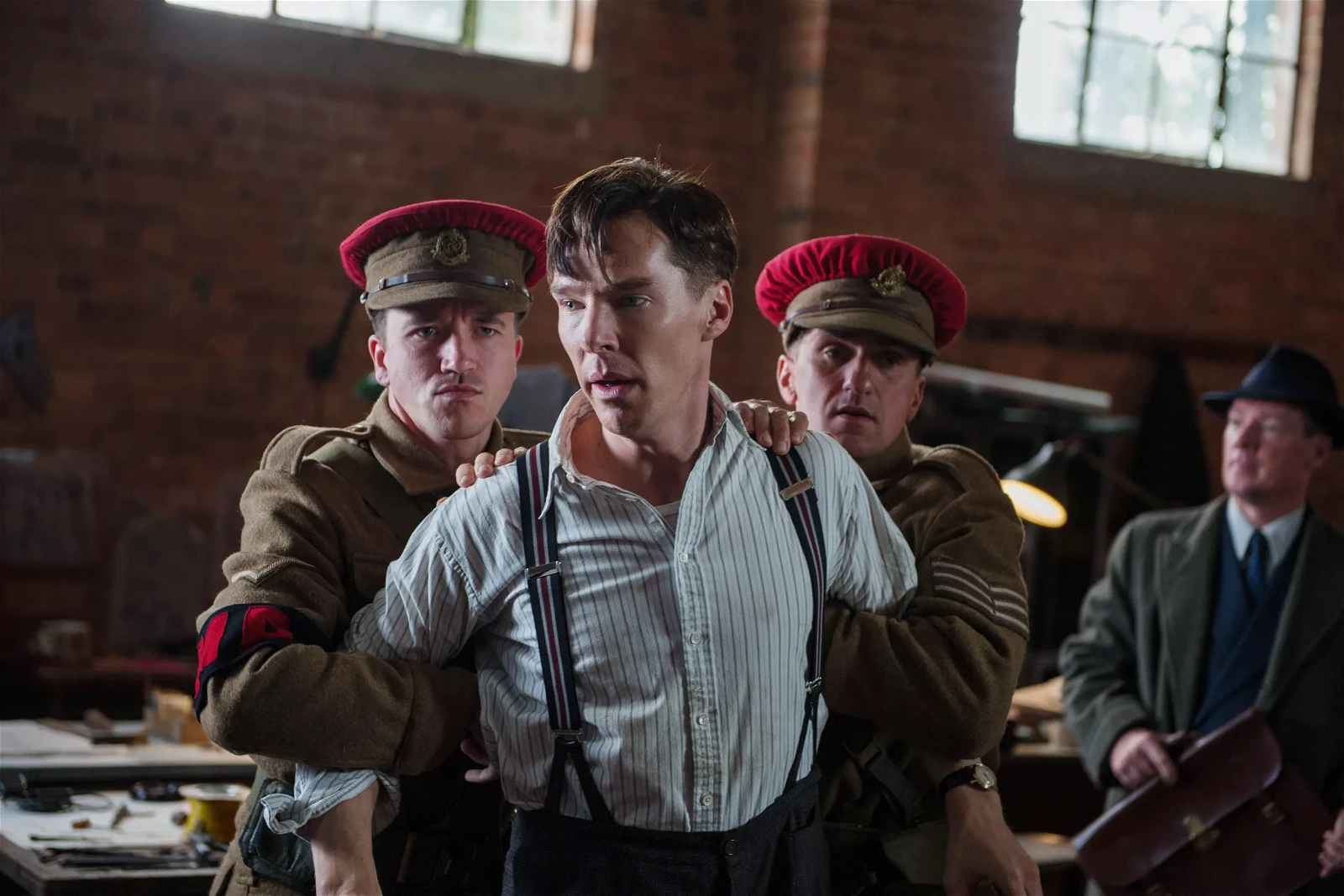
Cumberbatch dove deep into learning all he could about Turing’s life and work to fully embody the role. He called the experience of portraying Turing “one of the most profound challenges” of his career that gave him a greater appreciation for the mathematician.
“Everything that he experienced influenced his mind, which, again, amplifies the volume of the tragedy of his death.”
Awards Success for Benedict Cumberbatch’s Portrayal
Cumberbatch went on to earn an Oscar nomination for his nuanced portrayal of the mathematician. The Imitation Game took home an Academy Award for Best Adapted Screenplay, and Cumberbatch’s performance remains widely praised. Though Leonardo DiCaprio was the studio’s first choice, Cumberbatch’s persistence paid off in bringing Turing’s story to life on screen.
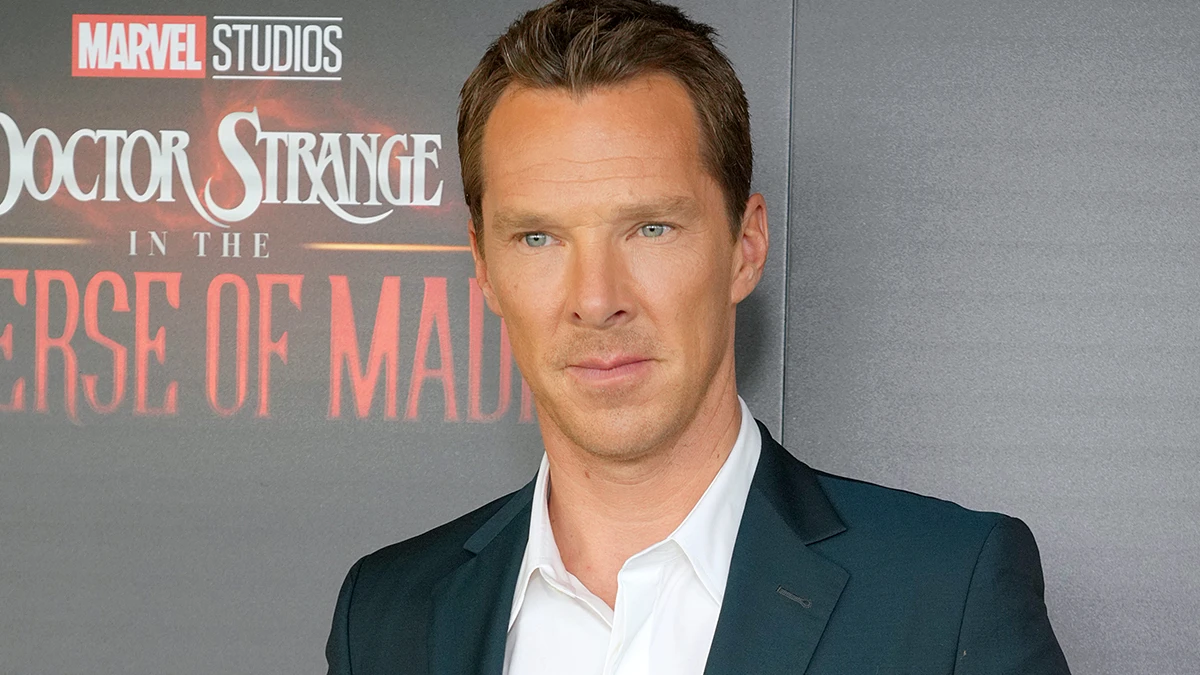
Cumberbatch was celebrated for his ability to capture Turing’s brilliance and humanity. His emotionally complex performance anchored the film and has been lauded as some of the finest work of his career.
Benedict Cumberbatch proved his dedication by pushing for the lead role in The Imitation Game even when Warner Bros preferred Leonardo DiCaprio. Though it was an uphill battle, Cumberbatch connected profoundly with playing Alan Turing. His persistence led him to deliver an Oscar-nominated performance in the critically acclaimed biopic.
Source: TheHollywoodReporter


